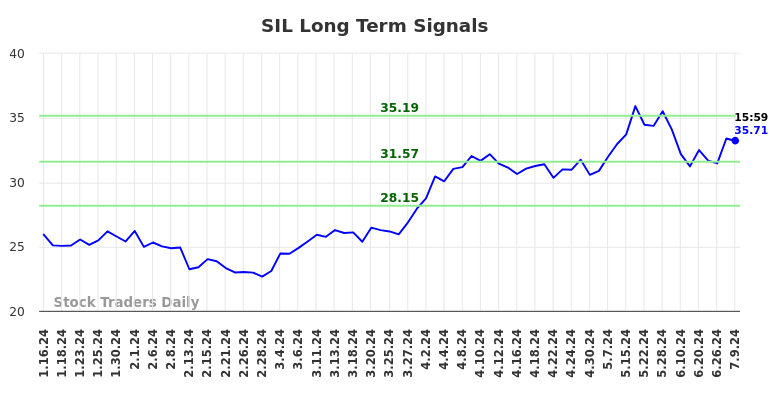Strike at Samsung Electronics: Unions in South Korea are getting louder

Due to low turnout and automated production, the strike is unlikely to have a significant impact on production at the world’s largest memory chip maker, analysts said. Still, it signals a decline in employee loyalty at a crucial time in the chip industry as technology companies embrace artificial intelligence.
The union’s first industrial action last month was to coordinate annual leave to organize a mass strike. Samsung said this had no impact on business operations. The company declined to comment on Monday’s strike.
The union, which did not disclose its involvement last month, said 6,540 workers are striking this week, mostly in manufacturing plants and product development. The strike also affects workers who oversee automated production lines and equipment, so operations could be disrupted.
Union officials said about 3,000 strikers took part in a rally in the rain near Samsung’s headquarters in Hwaseong, south of Seoul.
Union president Son Woo-mok denied media reports of low turnout, telling Reuters that the five-year-old union had not had enough time to train its members.
“The education about unions … was not sufficient. But I do not think that this participation is low because our union is still young compared to other unions,” he said.
Lee Hyun-kuk, the union’s vice president, said there could be more strikes if Samsung does not improve its proposals.
While Samsung’s proposals included more flexible pay and vacation terms, they would not meet unions’ demands for higher wages and vacation entitlements, Lee told Reuters.
Union representatives also want equality in the bonus system. They said bonuses for ordinary workers would be calculated by deducting capital costs from operating profits, while bonuses for managers would be based on personal performance targets.
“I’ve told people I’m proud to work at Samsung, but the truth is that’s not the case,” said Park Jun-ha, 20, an engineer on Samsung’s chip packaging lines who joined the company in January. He added that he was not happy with the company’s “opaque” bonus system.
The union’s membership has grown since Samsung pledged in 2020 to stop discouraging unions. Their growing voice demands attention, especially as Samsung struggles to compete for chips for artificial intelligence (AI) applications, analysts said.
Samsung’s share price performance has lagged behind that of chip competitor SK Hynix. Union officials blame Samsung’s AI problems on the slow development of high-bandwidth memory (HBM) chips, which are in high demand for use in AI processors.
Nevertheless, Samsung said on Friday that it expected its operating profit to increase by more than 15 times in the second quarter. The reason for this was the recovery in chip prices driven by the AI boom and thus an increase in earnings compared to the low level of the previous year.
The stock rose 0.2% in afternoon trading on Monday, having risen as much as 1.72% earlier in the session to its highest level since January 2021. Last week, it rose 6.9% after preliminary quarterly results beat analysts’ estimates.
(Reporting by Heekyong Yang; additional reporting by Jihoon Lee; Writing by Ju-min Park; Editing by Jamie Freed and Christopher Cushing)
Disclaimer: This report is auto-generated from Reuters news service. ThePrint takes no responsibility for its contents.
Read full report



